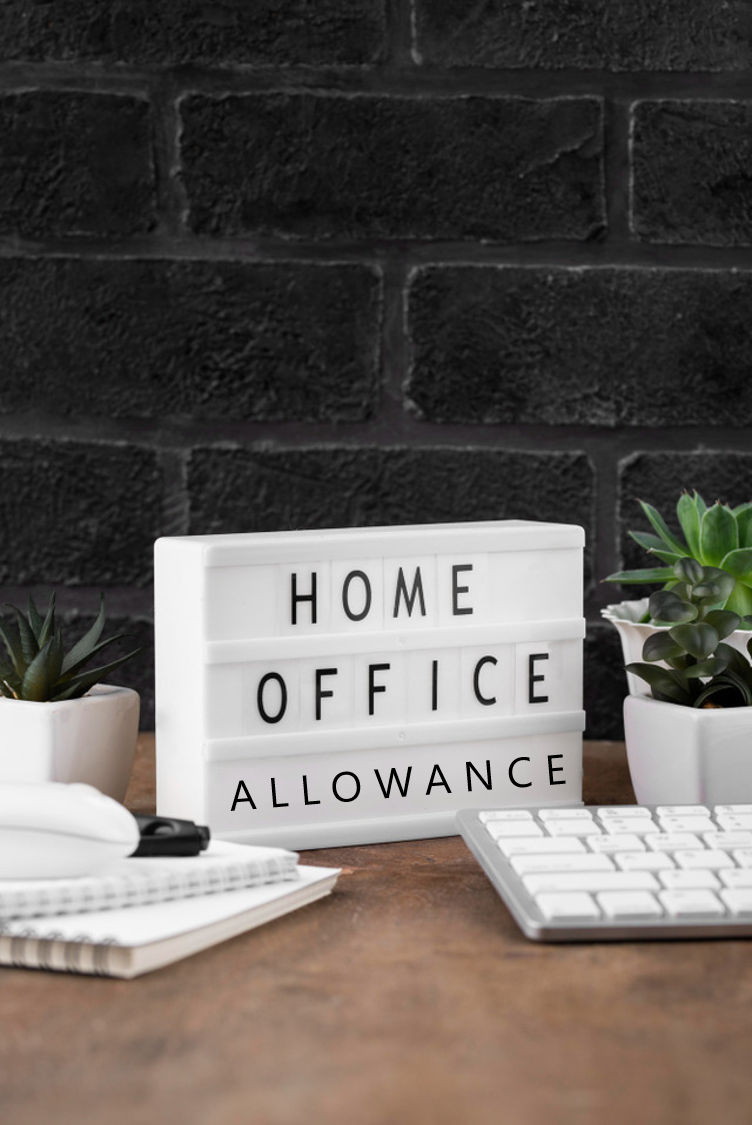In this article
Introduction
Tax season can be stressful for small business owners.
You don't have the convenience of having an employer filing for you. While there are all kinds of tips and strategies for managing your taxes, the first order of business is to get key deadlines noted on your schedule, and determine how and when to make your payment.
Here's what you need to know:
Know these key dates
For the tax year 2020/21 (6 April 2020 - 5 April 2021), the deadlines for filing your tax returns are:
- 31 January 2022 (Online submission of self assessment tax return for the year ended 5 April 2021)
- 31 October 2021 (Postal submission of self assessment tax return for the year ended 5 April 2021)
Keep in mind that the 2021/22 tax year began on 6 April 2021. All untaxed income earned from that date falls into the 2021/22 tax year, and you have until midnight on 31 January 2023 to file your Self Assessment tax form.
As a contractor or business owner, you need to be aware of more than just the filing deadlines.
Here are four key dates to take note of:
- 31 July 2021: Deadline for the second payment on account for the 2020/21 tax year. If this payment does not completely cover your tax debt, you'll have until 31 January 2022 to make a 'balancing payment.'
- 5 October 2021: Deadline for registering as self-employed for the financial year ending 5 April 2021. If you already notified HMRC in the previous year, don't worry about doing it again.
- 31 October 2021: You must file your Self Assessment tax form (paper copy) for the tax year ending 5 April 2021 by this date.
- 30 December 2021: If you owe less than £3,000 for the tax year ending 5 April 2021, and want your tax to be collected through PAYE, you need to file your online tax return by this date (or by submitting a paper return by 31 October 2021).
Check out our Self Assessment package if you need help with getting your 2020/21 Self Assessment tax return sorted out.
Late filing and payment penalties
If you file late or fail to pay on time, you will incur fees and interest from HMRC.
If you miss the deadlines noted above, here's an outline of fees you should expect.
- 1 day late: £100
- Up to 3 months late: £10 per day in addition to the £100 one-day late fee. The HMRC does set a maximum of £1,000.
- 6 months late: £300 or 5 percent of the tax due. The HMRC takes the higher amount, in addition to the penalties above.
- 12 months late: £300 fine or 5 percent of the tax due, plus the above penalties. In some cases, persons have been fined 100 percent of their tax bill, actually doubling the taxes due.
Tip: If you've missed the deadline for filing your paper tax return, simply file it online.
As noted above, this gives you an additional three months to file within the deadline. Keep in mind not to file both an online and paper tax return.
How to file and pay
The HMRC allows for online filing and paper filing of tax returns.
However, in line with the government's Making Tax Digital plans, paper filing may be done away with in the near future. We recommend going with online filing, which is quicker, easier and gives you extra time.
The HMRC's Faster Payments program allows you to make a payment online or via telephone banking that reaches HMRC the same day or the next day-including weekends and bank holidays.
You can also pay online, over the telephone, and through BACS, BillPay, Bank Giro and Post Office counter payments. Be sure to allow two working days for these payments to reach HMRC. If you're making a cheque payment, allow for three working days.




















































.png)